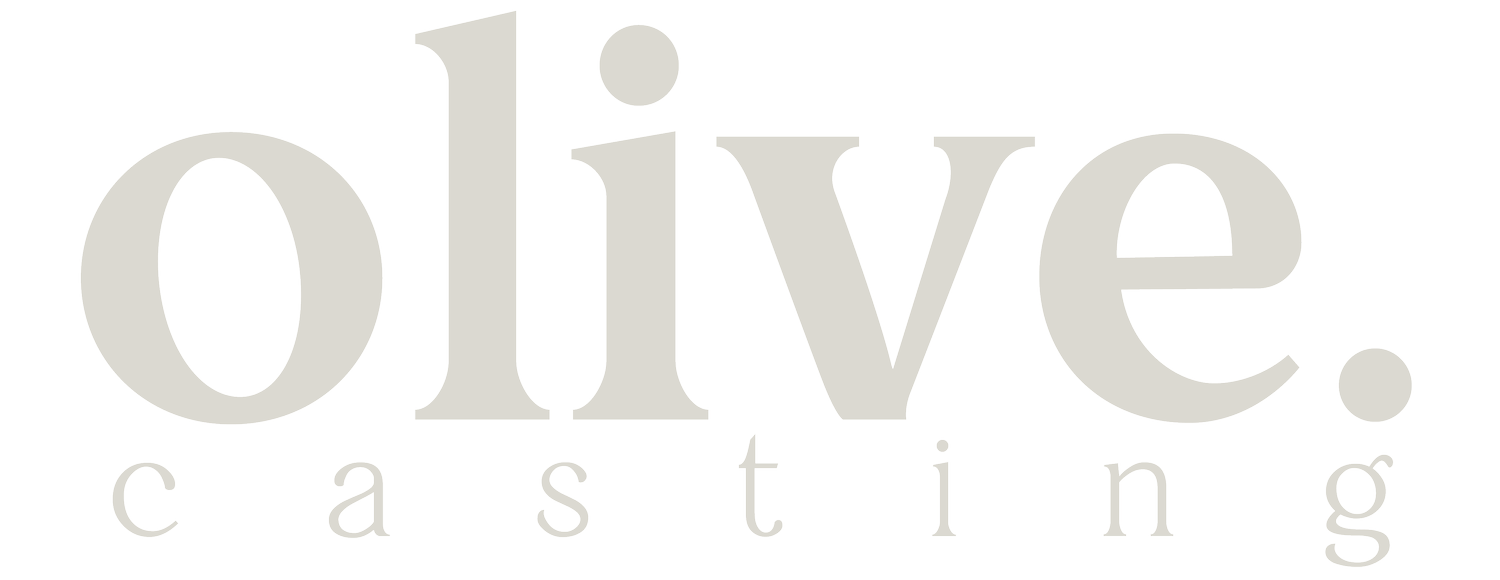How representation is handled in the media is as important as the need for it in itself.
Our media consumption shapes how we see the world. What we watch and listen to builds our understanding of who we are and how the world fits around us, this makes it incredibly important to reflect the real world accurately and authentically.
Building genuine diversity into our media means the stories we read, the tv and films we watch, and the advertisements we consume will resonate with all audiences, making sure everyone feels seen, included and celebrated.
With representation being such an important facet of how our worlds are framed, it cannot just be a box ticking exercise, it must be a genuine and purposeful attempt at representing characters in an authentic and meaningful way.
Some of the ways women, people of colour, members of the LGBTQ+ community, and disabled people are misrepresented is through tokenism and stereotyping.
Tokenism seemingly creates a more diverse cast but can often lead to misrepresentation. It is a tactic used to defend inequalities under the guise of creating diversity and inclusion. However, token characters often present minorities in one dimensional roles, with little thought given to development, craft, or artistic depth, roles which do nothing above and beyond just ticking the correct boxes. As damaging as tokenism can be to actors and their careers, it's also used to attract audiences from those underrepresented communities by appearing to feature characters that they could resonate with, only to further the cultural disenfranchisement with disappointing, skin deep portrayals.
These characters allow for superficial diversity and are nothing more than performative inclusion. When a person from a minority or underrepresented group is symbolically cast, a false sense of equality is created which benefits no-one; not the storyline, not the cast and definitely not the audience.
‘Ugly Betty/Superstore’ star, America Ferrera breaks down the issue by explaining the importance of avoiding tokenism and embracing truly diverse casting, “Tokenism is about inserting diverse characters because you feel you have to; true diversity means writing characters that aren’t just defined by the color of their skin, and casting the right actor for the role.”
Stereotyping is the assumption of how a person is supposed to be due to their racial, ethnic, gender, sexual, religious or physical identity, causing sweeping generalisations such as; the studious Asian nerd, the angry black woman, the flamboyant gay best friend or the loud fiery Latino.
Even when stereotypes are perceived to be harmless or intended positively, they can still have have a damaging impact on our society as they perpetuate prejudices, create unconscious bias and actively promote misconceptions about entire communities.
In an interview with The Telegraph Dev Patel expressed his concerns with how Indian characters are portrayed on screen, "Asian actors tend not to be sent Hollywood scripts that are substantial or challenging. I'm likely to be offered the roles of a terrorist, cab driver and smart geek. I want to show that I have versatility.”
Stereotyping can be avoided through casting people from underrepresented groups in varied and fully crafted roles, that sit outside of the well worn tropes. Characters with real depth of identity, roles that are remembered for their ability to resonate across the human spectrum, not because of who the actor identifies as, but because the character itself transcends the boundaries of our pre-assumed ideas of who that actor can play.
“I’ve never had so many people get in touch to thank the production for putting themselves on screen. And if you can change one person’s view of themselves, to a more positive outlook, then we’ve done our job. I’ve had many emails from young adults who have watched the show and thanked us for representing them. It’s storytelling at the end of the day and it’s time for us to tell our stories in a way that’s accessible to everybody.” - Kelly Valentine Hendry on Casting Bridgerton.
Audiences are demanding the casting processes be authentic and considered to amplify the voices and stories of all. By addressing casting inequalities and misrepresentation we ensure fairer opportunities and prevent whitewashing and straight-washing of both roles and stories. Proportional representation within the tv & film industry is still a work in progress, but we are starting to see how beautiful it is when people of all ages, races, genders, sizes are represented and come together, on and off screen, to create authentic narratives that connect us all.
If you’re looking for an inclusive casting agency in the North West, we want to hear from you!
